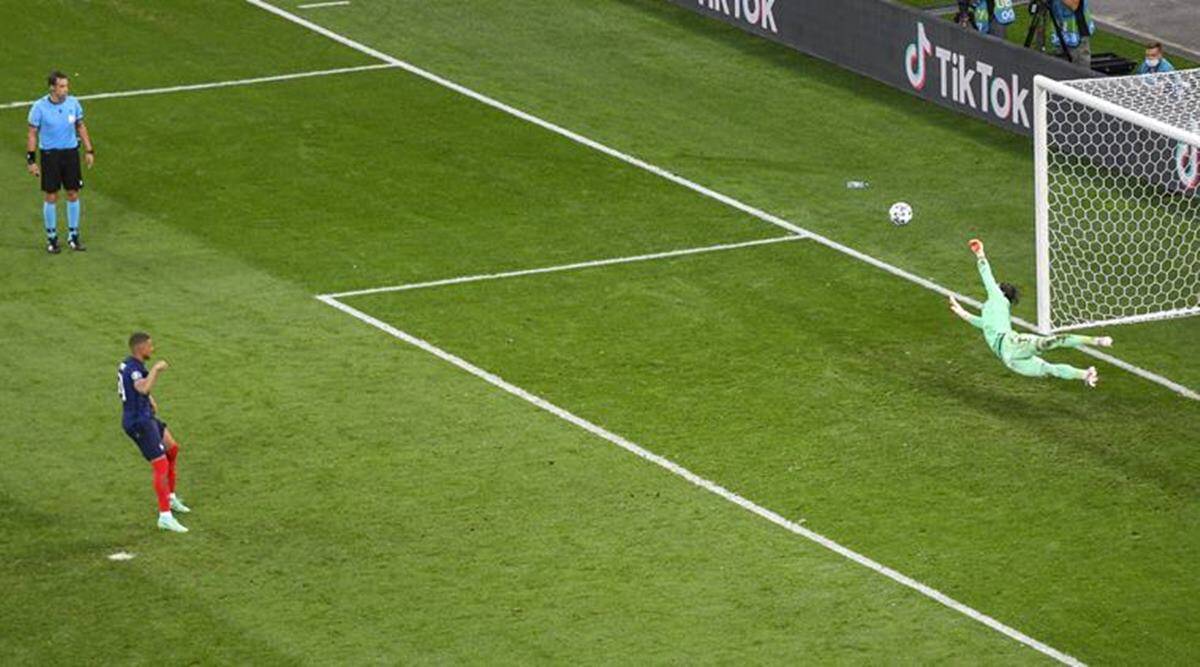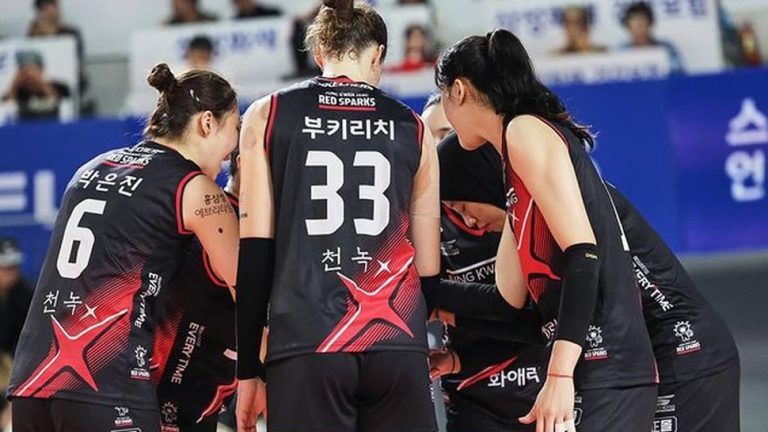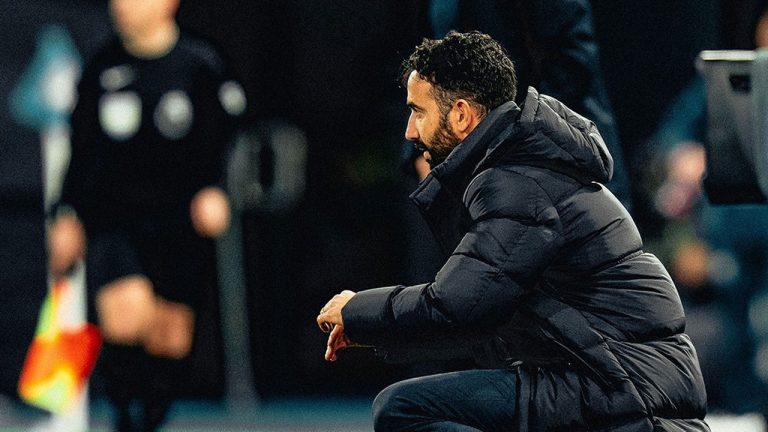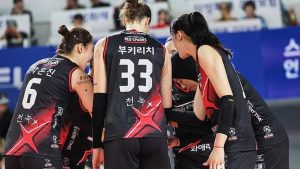Granit Xhaka immediately made a choice when he won the coin toss at the end of the Switzerland vs France match, 29 June. The referee tossed a coin to determine the order of the shootout and Xhaka, correctly guessing which side of the coin was on his back, chose his team as the first kicker. Mario Gavranovic advanced to be the first executor and successfully netted the ball. Four Swiss and French kickers were also successful. At the last kick, Kylian Mbappe must convert a penalty so Les Bleus are not eliminated. The Paris Saint-Germain superstar failed. His shot into the right corner of the goal pushed over by Yann Sommer. Switzerland strolled into the quarter-finals.
These results confirm the notion of the advantage of kicking the first in a penalty shootout, known as the first-mover advantage (FMA). In the 2020 European Cup, after the Switzerland vs France match, the penalty shootout between Switzerland vs Spain strengthened the evidence of the existence of FMA. Although in that match, the execution of the first kicker (Sergio Busquets) hit the goal post.
Recently, in the semifinals of Euro 2020, Italy also proved the same thing. Giorgio Chiellini won the coin toss and chose to kick first. Gli Azzurri also beat Spain in a penalty shootout. However, does FMA really exist? This has been debated in various circles for years. Not a few teams also believe that getting the first kicker is always profitable.
One of the studies proving the existence of FMA was conducted by Jose Apesteguia and Ignacio Palacios-Huerta in 2010. They collected a sample of 129 penalty shoot-outs from top tournaments. As a result, the team that kicks first has a winning probability of over 60%.
In 2012, research by Martin Kocher, Marc Lenz, and Matthias Sutter refuted the conclusions reached by Apesteguia and Palacios-Huerta. They studied 540 penalty shoot-outs, a much larger sample size than the previous study, and found that the first-kicking team’s probability of winning was only 53%. In conclusion, the difference of 3% is not significant so the current penalty shootout rules can be considered fair.
However, the findings of the three researchers were again refuted by Palacios-Huerta in 2014. This time he collected 1,001 samples of penalty shootouts that were held before 2012. As a result, the probability of winning the team that kicks first remains significant, which is 60.6%.
In 2019, Nils Rudi, Marco Olivares, and Aditya Shetty released an analysis with a superior number of samples, namely 1,635 penalty shootouts. As a result, the first kicking team has a 54.86% probability of winning. Although this figure is closer to the conclusions of Kocher et al., the advantage is considered significant enough to support the AMF evidence.
A study by Apesteguia and Palacios-Huerta found that the second-kicking team’s weakness was in the third-to-last executioner. The reason is, if the first team continues to successfully execute penalties, the second team’s kick can become a life-and-death kick: the fate of the team is determined by their success. This increases the psychic pressure of the penalty taker.
Between the two teams, the percentage of success for the first kicker is not much different, namely 79% for the first team and 72% for the second team. However, when it comes to the third kicker, the team that gets the last kick only has a success percentage of around 60%. While the first kicking team always has a success percentage above 70% from five shots.
The reason why the second kicking team had more trouble was because of the greater psychological pressure. If the first team manages to score first, then the second team player realizes that the stakes are more decisive. He must not fail if he does not want his team to fall behind and only a few shots from elimination.
The coaches and players also generally believe in the existence of the FMA. A survey by Apesteguia and Palacios-Huerta of 240 players and coaches in La Liga to the amateur championships in Spain shows it. As many as 96% of respondents chose to kick first. The reason, they want to create pressure (by scoring first) to the opponent kicker.
Many practitioners believe in the existence of FMA, pointing out that penalty shoot-outs as a psychological duel are common sense. In penalty duels between teams that have technical quality tend to be evenly distributed, mentality is often the difference. Scoring the first goal is not only a temporary advantage on the scoreboard, but also transfers the mental burden to the opposing team.
Basically, a penalty shootout is made as a tiebreaker in a match with a draw score. This system was implemented since 1970. Previously, IFAB did not have a standard rule if two teams continued to play a draw after a replay or extra time. Determination is often done through coin toss. Penalty shootout created for the sake of a more sporty determination and eliminate the aspect of chance.
However, to determine the first kicker, the coin toss is still carried out. With the existence of the commonly recognized FMA, the game of luck has not been completely eliminated by the current penalty shoot-out system. However, that does not mean that the first kicking team always wins. Theoretically, the FMA advantage can be reversed if one of the teams has a goalkeeper who is capable of blocking penalties. The success of the goalkeeper in the first kick will shift the burden to the team that kicks first.
On the other hand, the decisions of players, who kick/confront a penalty under great pressure, are always prone to error. In today’s era, it’s easy for teams to get information to make more informed decisions, as Xhaka or Chiellini did when they won the coin toss. However, the existing pressure may make the execution done poorly or actually make the player change his mind.
This happened in the 2008 Champions League final between Manchester United vs Chelsea. According to former MU goalkeeper coach Eric Steele, each team at that time used the help of a data provider company to make decisions in penalty shootouts. “In 2008, Manchester United used the services of the same German company as Chelsea. They have more than 16,000 penalty shoot-out records in their database, and we partner them with every Champions League game, paying for a bundle of information,” Steele told ESPN.
“Every Chelsea penalty was directed to the left of Edwin van der Sar until Anelka’s share arrived. Chelsea decided that Edwin had a weakness on the left and every shot went to his left until Anelka’s execution went the other way. Edwin dispelled him and became a hero. Chelsea really do not accept that Anelka deviated from the information they had,” he continued.
Anelka’s case shows that, no matter how detailed the information, the human error aspect is still prone to occur in such situations. Anelka herself does not seem to be in a psychic condition ready for a penalty shootout. In an interview a few days after the match, he admitted that he had turned down Avram Grant’s request to be part of the five main kickers. “Sad to say, but I knew that I would miss a shot,” said the French striker.
Compared to the goalkeeper, the pressure on the kicker is greater. One of the reasons is that the goalkeeper’s failure is less in the spotlight than the kicker. “In cases like this, the pressure is not on the goalkeepers, but on those who are going to kick,” said former France international goalkeeper Fabian Barthez.
The psychological factors surrounding the kicker are complex matters that prevent statistical conclusions from being fully valid. Many small things can disrupt the concentration of players. Even historical records that have nothing to do with the player can put pressure on him.
This was experienced by Jamie Carragher in 2006. In the quarter-finals of the World Cup against Portugal, the former Liverpool defender was included at the end of extra time. He was entered to be the executor of the penalty shootout only. Carragher was made the executor because, previously, he had successfully netted in two penalty shootouts with the Reds. He also successfully kicked in the training session. However, against Portugal, he failed as the first kicker.
“I’ve never failed with Liverpool and I’ve always had faith that we would win with them. It’s different with England. You feel that you will lose before starting. Maybe it’s purely a psychological thing, because with Liverpool we have a history of winning on penalties. We don’t have that with the England national team,” Carragher said.
Penalty shootouts are carried out in a simple sequence. However, the set of psychological effects it creates is complex and tends to favor the first kicker. Luc Arrondel et al. found that, the greater the stake in the kick, which the second team experienced more often, the higher the risk of missing out.
Statistics show that the advantage of the first kicker is quite significant. The team that wins the coin toss also has a greater chance of winning. Research released by Mark Kassis et al. in 2021 shows that the team that wins the coin toss has a winning probability of up to 60.4%. This certainly sets a bad precedent for the image of justice in the penalty shootout. Although more sporting than the coin toss, the current penalty system has been criticized for favoring the first kicking team or the team that wins the coin toss.
A number of groups also proposed changes to the penalty shootout system. At least, as summarized by Laszlo Csato, there are three main proposals that are considered better. The first proposal is known as according to the ABBA rule, which reverses the order of kicks (between team A and team B) every two rounds. In ABBA rules, the order of the first two penalty shootouts is reversed in the next two rounds. So for example, team A kicks the first in the first and second rounds, then team B changes to the first kicker in the third and fourth rounds. And so on.
The rule was tested in 2017 at the U-17 and U-19 European Cups. This system was also implemented in the Community Shield match between Arsenal vs Chelsea on 6 August 2017. However, IFAB finally abandoned the option of applying the ABBA rules. The reason is that the new rule did not get strong support because the procedure was considered too complicated.
Another suggestion was put forward by Steven Brams and Mehmet Ismail in 2018. The rule they came up with is known as the Catch-Up Rule. This rule reverses the order of kicks in each round, including when the penalty shootout enters the sudden death round. The order of the kicks is not reversed if the first team fails to score while the second team successfully converts a penalty.
The rules proposed by Brams and Ismail were modified by Csato to find a more equitable formulation. The sequence of kicks in general is still the same as the Catch-Up Rule. The difference is, the second kicking team gets the first shot when the penalty shootout enters the sudden death round (sixth shot). Based on Csato’s mathematical modeling, the modified Catch-Up Rule he proposed has a better level of fairness. The probability of winning is closer to 50% compared to the previous two rules.
Several proposals for changes to penalties have been made. Although the advantage of the first kicker is widely recognized, IFAB has not improved. The main obstacle is the complexity of the new rules that are fairer, as demonstrated by a trial in 2017. However, the possibility that the penalty shootout system will change remains wide open. It is not impossible that these proposals will knock on IFAB’s door and be considered.
ASL
















